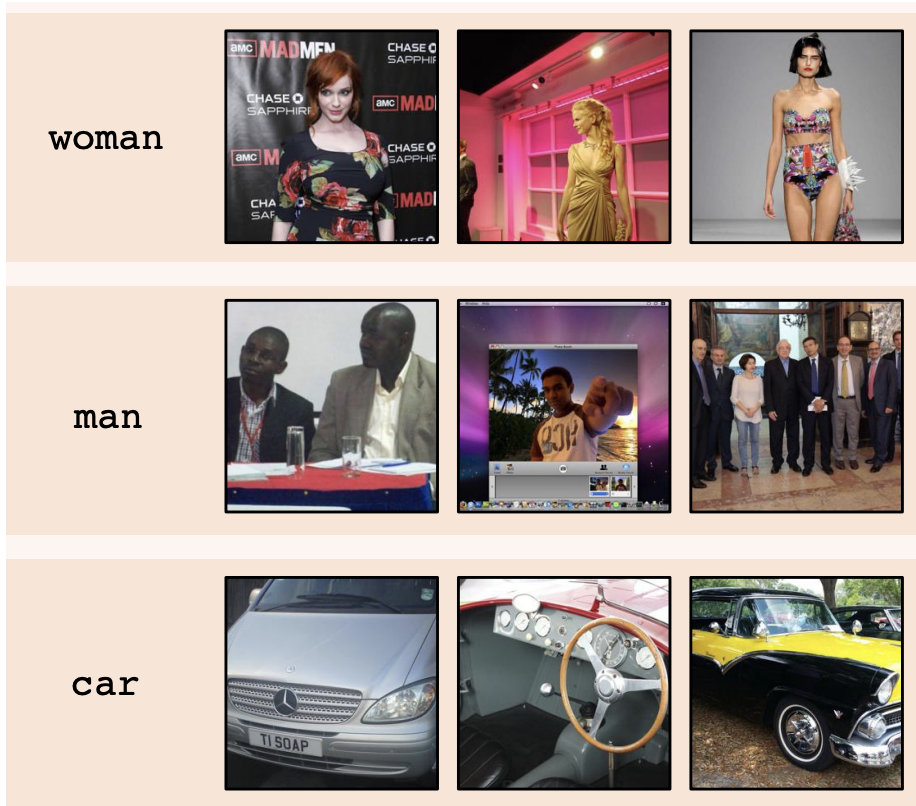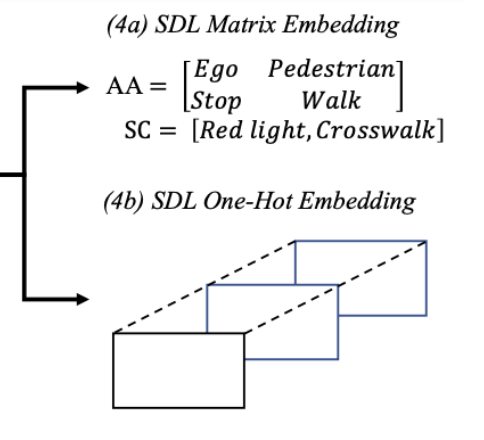Uncovering Intervention Opportunities for Suicide Prevention with Language Model Assistants
Jaspreet Ranjit, Hyundong J. Cho, Claire J. Smerdon, and
5 more authors
In EAAMO’25, GenAI4Health NeurIPS’25, 2025
Runner up for best doctoral oral presentatino at ShowCAIS 2025
The National Violent Death Reporting System (NVDRS) documents in-
formation about suicides in the United States, including free text narra-
tives (e.g., circumstances surrounding a suicide). In a demanding public
health data pipeline, annotators manually extract structured information
from death investigation records following extensive guidelines developed
painstakingly by experts. In this work, we facilitate data-driven insights
from the NVDRS data to support the development of novel suicide inter-
ventions by investigating the value of language models (LMs) as efficient
assistants to these (a) data annotators and (b) experts. We find that LM
predictions match existing data annotations about 85% of the time across
50 NVDRS variables. In the cases where the LM disagrees with existing an-
notations, expert review reveals that LM assistants can surface annotation
discrepancies 38% of the time. Finally, we introduce a human-in-the-loop
algorithm to assist experts in efficiently building and refining guidelines for
annotating new variables by allowing them to focus only on providing feed-
back for incorrect LM predictions. We apply our algorithm to a real-world
case study for a new variable that characterizes victim interactions with
lawyers and demonstrate that it achieves comparable annotation quality
with a laborious manual approach. Our findings provide evidence that LMs
can serve as effective assistants to public health researchers who handle
sensitive data in high-stakes scenarios.
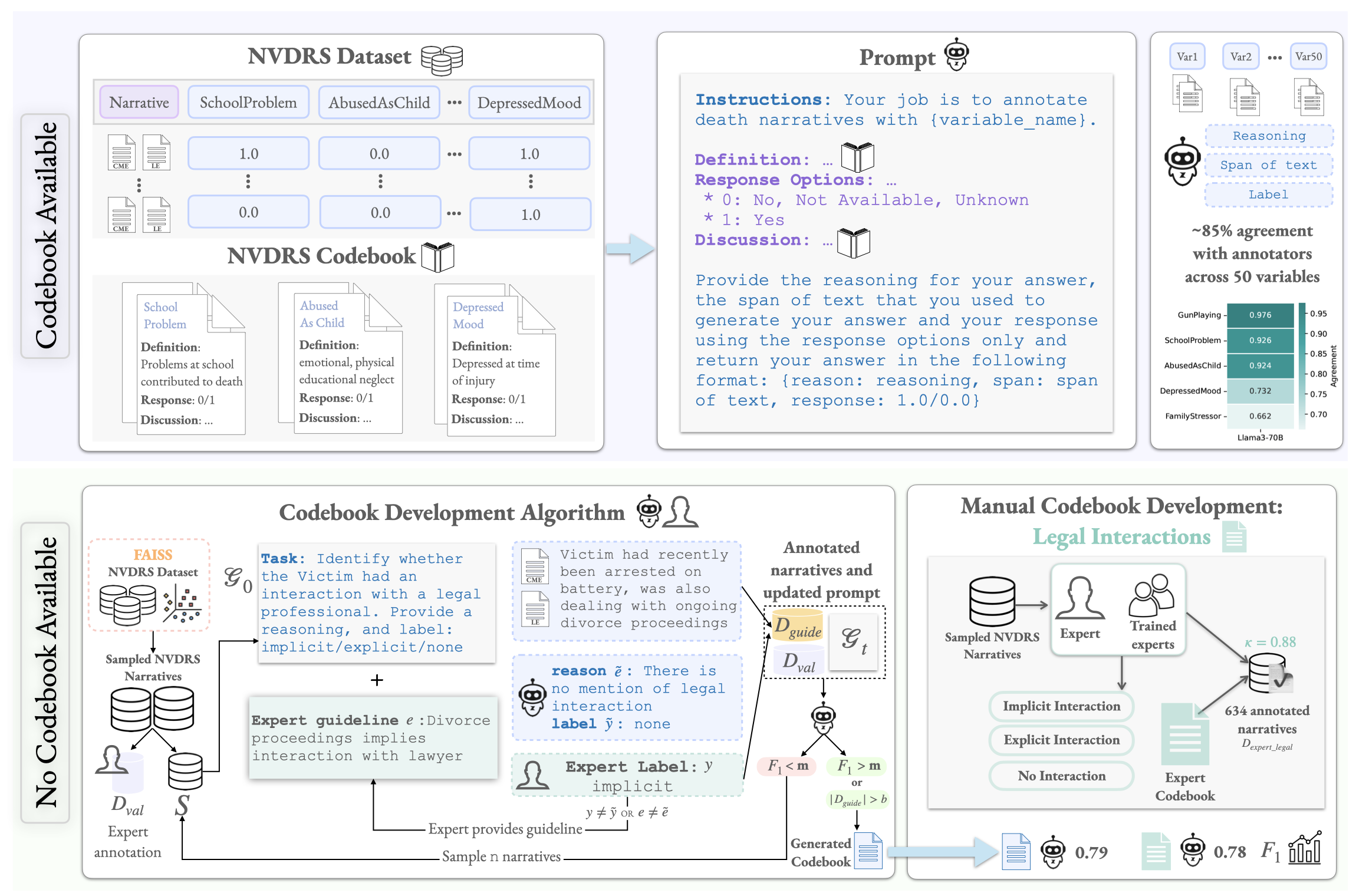 Uncovering Intervention Opportunities for Suicide Prevention with Language Model AssistantsIn EAAMO’25, GenAI4Health NeurIPS’25, 2025
Uncovering Intervention Opportunities for Suicide Prevention with Language Model AssistantsIn EAAMO’25, GenAI4Health NeurIPS’25, 2025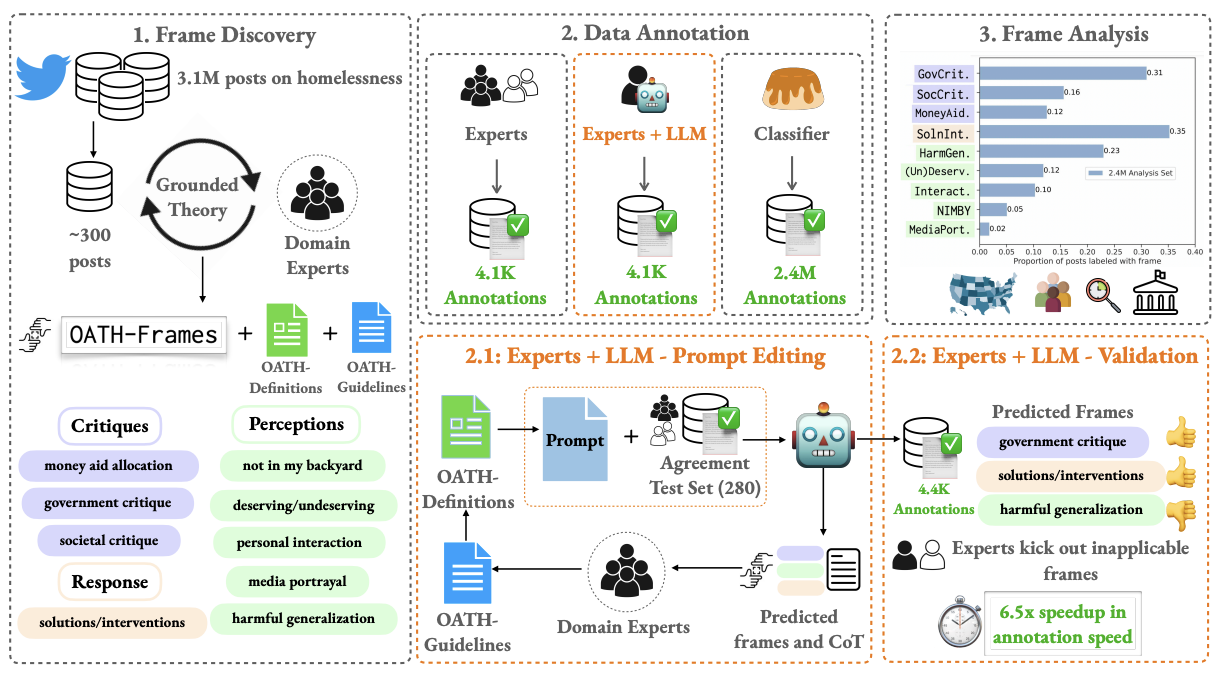 OATH-Frames: Characterizing Online Attitudes Towards Homelessness via LLM AssistantsIn Proceedings of EMNLP, 2024
OATH-Frames: Characterizing Online Attitudes Towards Homelessness via LLM AssistantsIn Proceedings of EMNLP, 2024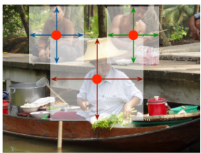 Anchorless object detection for 3D point cloud object detectionExpedition Technology Blog, 2019
Anchorless object detection for 3D point cloud object detectionExpedition Technology Blog, 2019